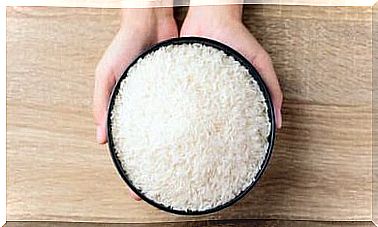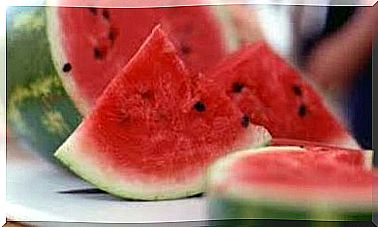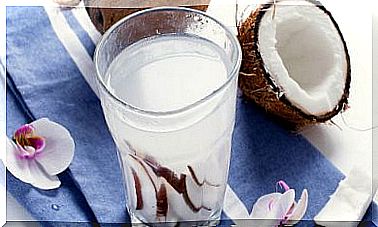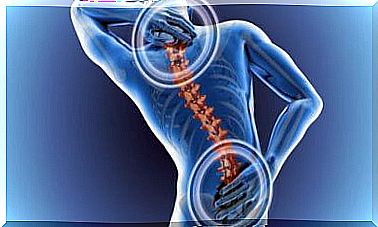Low-calorie Diets. Get To Know Them!
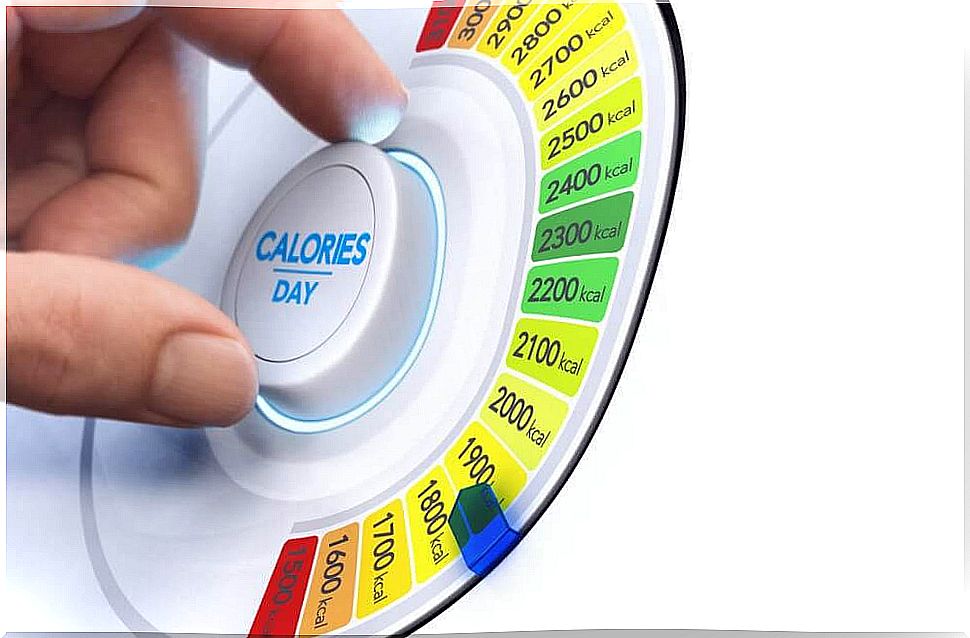
Low-calorie diets are those based on daily calorie restriction. This type of food becomes prominent in the summer months, with the beginning of the so-called “bikini operation”.
It is very important that low-calorie diets are monitored by professionals in the field and in a controlled manner. They are indicated for people who are overweight or obese, and must be balanced.
Eating a low-calorie diet under no supervision can cause serious disturbances in your metabolism, especially if your calorie intake drops below a thousand calories a day.
What are low calorie diets?
In most cases, weight loss is due to fluid loss rather than fat loss.
Therefore, the result in terms of volume or weight reduction is apparently satisfactory, but not long-lasting.
Above all, it doesn’t affect the fat tissue, which is what actually produces obesity.
In general, consumption of complex carbohydrates, moderate restriction of fatty foods, and regular exercise are the truly adequate measures to achieve risk-free weight loss.
The Failure of Low Calorie Diets
Low-calorie diets are inefficient because the more we reduce calories, the more energy efficiency is needed by the body, simply by survival instinct.
In other words, the fewer calories we give the body, the fewer calories we burn.
So when you go back to eating normally, your body is faced with an excess of energy that it stores in the form of reserve fat.
So the weight gain can be even greater than what was lost during the diet.

This is the so-called “accordion effect”, which leads to a progressive resistance to weight loss, which makes it increasingly difficult to lose weight again, both physically and psychologically.
This translates into great fatigue, which may lead to chronic fatigue, and greater vulnerability to disease, as the body’s defense mechanisms decrease.
In addition, when protein intakes are not enough, muscle mass tends to decrease. It is replaced by fat when you gain weight.
How to follow a healthy low-calorie diet
Despite the contraindications of low-calorie diets, there are some tips that can help us adapt the principles of this type of diet to a healthy and balanced diet:
- To combat obesity with low-calorie diets, we must avoid eating outside meal times. This is a habit that increases calorie consumption, albeit barely noticeably.
- In summer, it’s easier to lose weight, as the high temperatures make us look for lighter and low-calorie foods, such as vegetables. However, it is best not to drastically vary your diet. Above all, because all the weight that is lost in this way is quickly regained.

- You should avoid those energy-dense foods, such as high-fat snacks, as well as alcoholic beverages.
- Fiber-rich foods are recommended. They give a greater feeling of satiety and help to maintain a certain intestinal rhythm.
- It will be essential to complement a low-calorie diet with daily physical activity. However, it is important to remember that exercise must be done in a progressive way. It has to adapt to the conditions of each one, such as age and cardiovascular, respiratory or joint situation.
Conclusions
In summary, the key to a low-calorie diet is to provide us with fewer calories than we need throughout the day, but always in a moderate way.
Our diet must have a good content of macronutrients such as carbohydrates, proteins and fats. It should also provide us with micronutrients such as vitamins and minerals.
Therefore, replace foods rich in fat with larger amounts of fruits and vegetables in your daily diet.
This will help you follow the basics of low-calorie diets, but in a healthy and controlled way.
